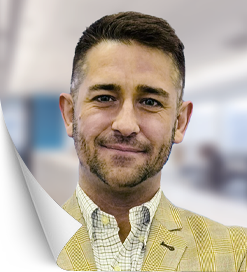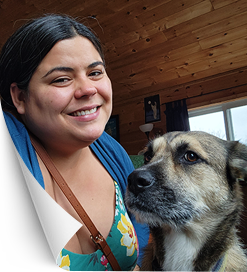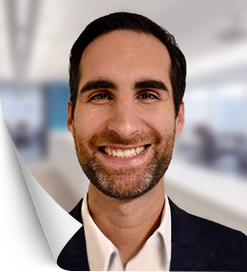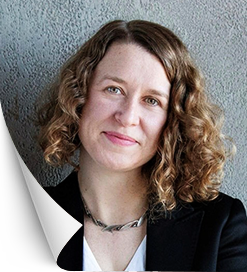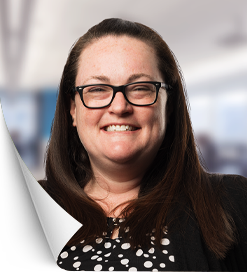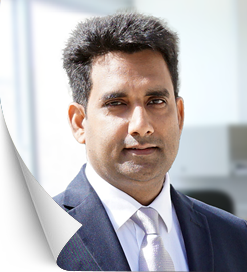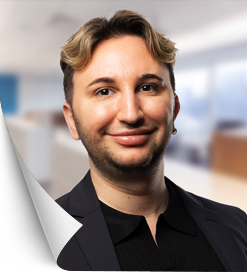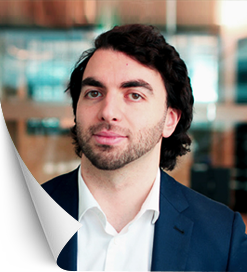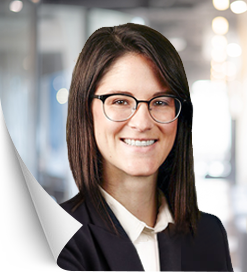Our People
We believe that our success is the product of the diverse ideas, experiences, and personalities that our employees bring to IO. Learn more about some of our employees, their roles, and the career paths that led them to IO.
Joanna Craig, Planner, Portfolio Planning and Pre-Construction Services
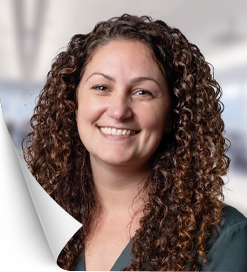
What does your role entail? As Planners we work collaboratively with teams across IO to unlock the potential of our lands and deliver on important government priorities. As subject matter experts, our skills are relied upon to move projects forward to support various initiatives of the Real Estate, Development, and Project Delivery teams.
From site selection for major projects, to uplifting property value by securing planning approvals, we lead the due diligence for all things planning in order to get sites shovel ready. Not only do help to determine the highest and best use of lands in the government portfolio, but we also keep up to date with municipal and provincial planning legislation so that we understand the potential impact they may have on the current and future use of these lands.
As Planners we are responsible for staying current with planning trends and market demand changes and the scope our work is constantly evolving to reflect this.
Tell us what it’s like to work on the Planning team. The Planning Team is involved in so many projects across the organization, providing diversity to the work we do and the people we engage with. Every day and every project are different, which keeps things interesting and exciting. There is always more to learn and ways to grow in order to support the rest of IO.
I work with an amazing team that want to help each other succeed. We genuinely care about the work we do and how it feeds into positive outcomes for the province and the people who live here.
How has your career grown since joining IO? When I first started at IO, I was hired as the Portfolio Planning, Development and Transactions Coordinator. This role was a good introduction to IO, where I was able to provide support to many of the teams within the Real Estate Division. This included the Planning team, which I was especially interested in, given I studied Urban and Regional Planning for my undergraduate degree.
I began taking on new tasks to get more exposure to the Planning team’s work. Taking on this work ultimately enabled me to move into the Portfolio Analyst role. As Analyst I was responsible for managing development and policy notices to ensure proposed changes would not negatively impact lands within our portfolio and supported the Planners with their deliverables for projects as I continued to get exposure.
After a year in the Portfolio Analyst role, I was promoted to Planner. Since my first day at IO, I’ve had great leaders and mentors who supported my professional growth and wanted to see me succeed. Reflecting on how much I have grown in the 4, almost 5, years of being here is something I am truly proud of, and I am grateful for the encouragement and confidence my leaders provided me.
Can you share your biggest accomplishment at IO? My biggest accomplishment since starting at IO was receiving my Professional Designation as Registered Professional Planner (RPP) and Member of the Canadian Institute of Planners (MCIP) which was only possible through IO support. The process took several years which included a mentorship, logging work experience, completing the Ethics and Professionalism Course, and finally the Professional Examination. It was my managers and colleagues that encouraged me to take this next step in my professional growth and I am grateful for all the guidance I received along the way.

